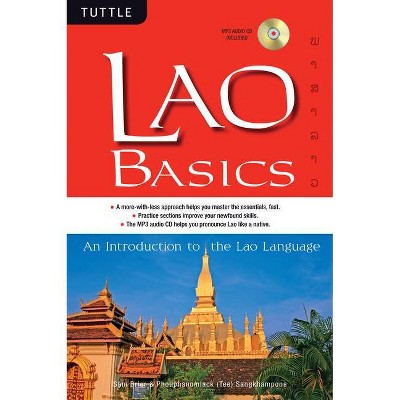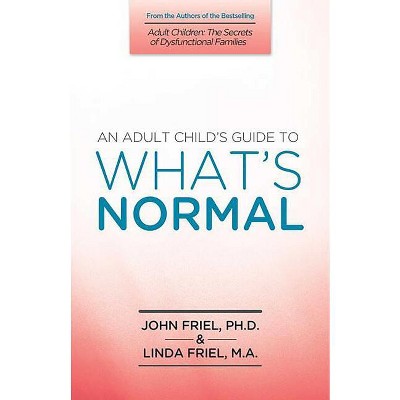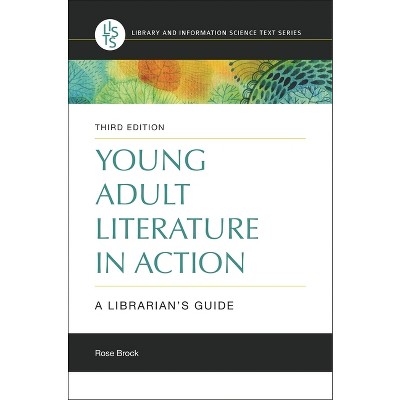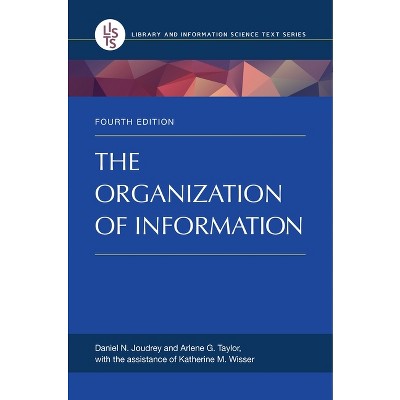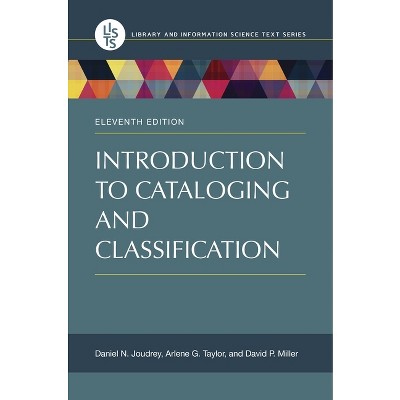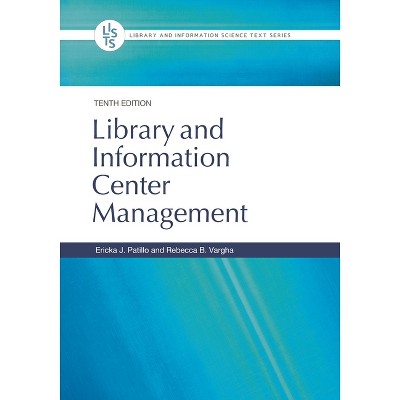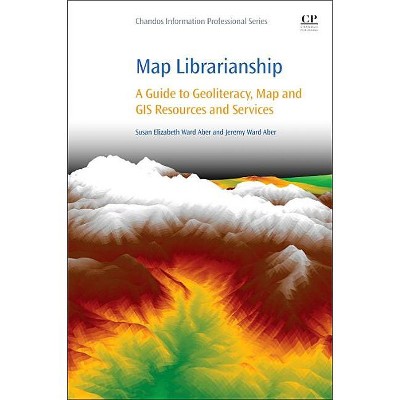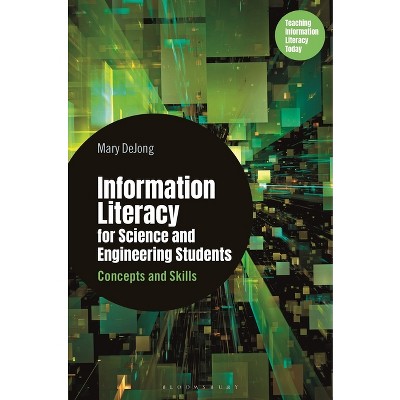Sponsored

Research Methods in Library and Information Science - (Library and Information Science Text) 7th Edition (Hardcover)
In Stock
Sponsored
About this item
Highlights
- The seventh edition of this frequently adopted textbook features new or expanded sections on social justice research, data analysis software, scholarly identity research, social networking, data science, and data visualization, among other topics.
- About the Author: Lynn Silipigni Connaway is director of library trends and user research at OCLC Research.
- 552 Pages
- Language + Art + Disciplines, Library & Information Science
- Series Name: Library and Information Science Text
Description
About the Book
The seventh edition of this frequently adopted textbook features new or expanded sections on social justice research, data analysis software, scholarly identity research, social networking, data science, and data visualization, among other topics. It continues to include discipline experts' voices.
The revised seventh edition of this popular text provides instruction and guidance for professionals and students in library and information science who want to conduct research and publish findings, as well as for practicing professionals who want a broad overview of the current literature.
Providing a broad introduction to research design, the authors include principles, data collection techniques, and analyses of quantitative and qualitative methods, as well as advantages and limitations of each method and updated bibliographies. Chapters cover the scientific method, sampling, validity, reliability, and ethical concerns along with quantitative and qualitative methods. LIS students and professionals will consult this text not only for instruction on conducting research but also for guidance in critically reading and evaluating research publications, proposals, and reports.
As in the previous edition, discipline experts provide advice, tips, and strategies for completing research projects, dissertations, and theses; writing grants; overcoming writer's block; collaborating with colleagues; and working with outside consultants. Journal and book editors discuss how to publish and identify best practices and understudied topics, as well as what they look for in submissions.
- Features new or expanded sections on social justice research; virtual collaboration, data collection, and dissemination; scholarly communication; computer-assisted qualitative and quantitative data analysis; scholarly identity research and guidelines; data science; and visualization of quantitative and qualitative data
- Provides a broad and comprehensive overview and update, especially of research published over the past five years
- Highlights school, public, and academic research findings
- Relies on the coauthors' expertise in research design, securing grant funding, and using the latest technology and data analysis software
Book Synopsis
The seventh edition of this frequently adopted textbook features new or expanded sections on social justice research, data analysis software, scholarly identity research, social networking, data science, and data visualization, among other topics. It continues to include discipline experts' voices.
The revised seventh edition of this popular text provides instruction and guidance for professionals and students in library and information science who want to conduct research and publish findings, as well as for practicing professionals who want a broad overview of the current literature. Providing a broad introduction to research design, the authors include principles, data collection techniques, and analyses of quantitative and qualitative methods, as well as advantages and limitations of each method and updated bibliographies. Chapters cover the scientific method, sampling, validity, reliability, and ethical concerns along with quantitative and qualitative methods. LIS students and professionals will consult this text not only for instruction on conducting research but also for guidance in critically reading and evaluating research publications, proposals, and reports. As in the previous edition, discipline experts provide advice, tips, and strategies for completing research projects, dissertations, and theses; writing grants; overcoming writer's block; collaborating with colleagues; and working with outside consultants. Journal and book editors discuss how to publish and identify best practices and understudied topics, as well as what they look for in submissions.About the Author
Lynn Silipigni Connaway is director of library trends and user research at OCLC Research.
Marie L. Radford is chair and professor in the Department of Library and Information Science at Rutgers University.Shipping details
Return details
Frequently bought together
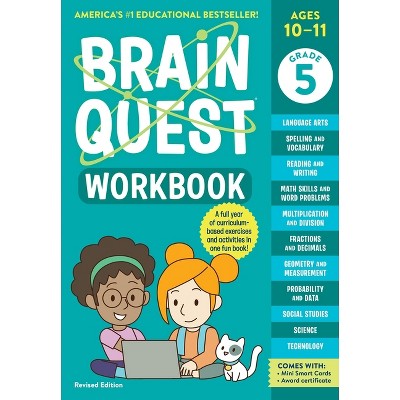

Trending Non-Fiction






